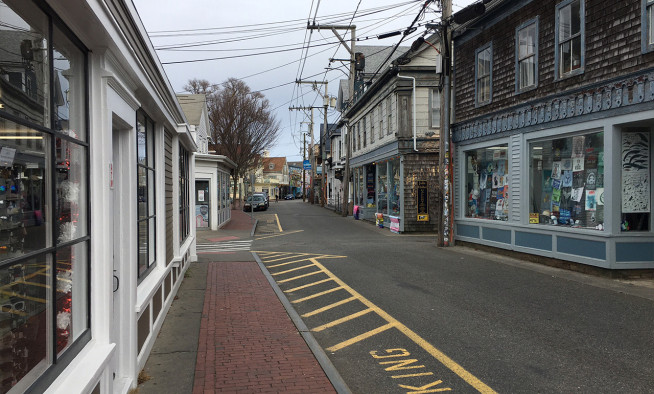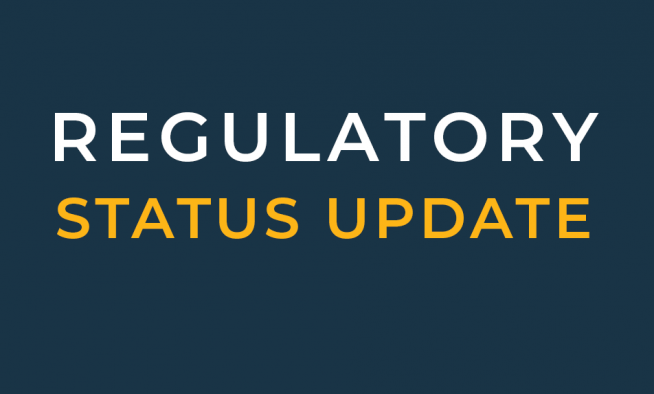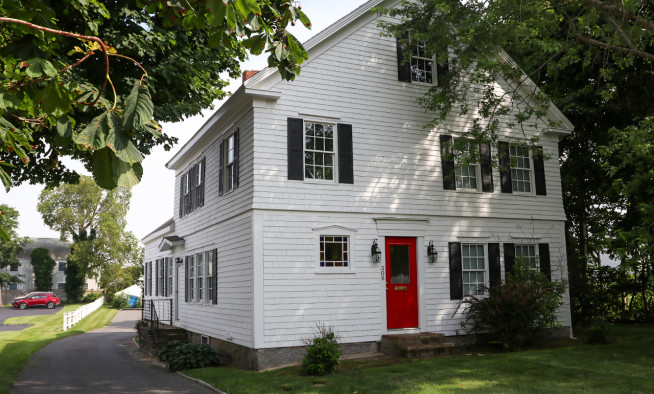Regulatory tools aim to protect Cape Cod’s vulnerable coastline
Today, nearly 20% of Cape Cod’s land is within the flood hazard area. Threatened by sea level rise and increased frequency and intensity of coastal storms, the region must work to identify and deploy solutions to bolster the region's resiliency.
The Cape Cod Commission has been awarded a $148,534 grant from the Massachusetts Executive Office of Energy and Environmental Affairs to develop tools to help communities regulate development within the floodplain and improve resiliency to climate change threats. These regulatory tools aim to ensure the long-term protection of the region’s natural coastal systems while supporting the built and community systems of Cape Cod.
These regulations will complement a model coastal resiliency bylaw created by the Commission, Urban Harbors Institute, Noble Wickersham and Heart, and Woods Hole Group that addresses development in land subject to coastal storm flowage and includes a list of best management practices to help reduce or manage development in the floodplain.
Working with the Cape Cod Cooperative Extension, the Urban Harbors Institute, Noble, Wickersham, and Heart, and the Towns of Provincetown, Truro, Wellfleet, Eastham, and Chatham, the Commission will develop model wetlands and zoning regulations for coastal floodplains. These regulations will help communities regulate development in areas that will become increasingly vulnerable to the threat of flooding from coastal storms and sea level rise.
The project team began meeting in January 2023 and draft regulations are anticipated this summer.




